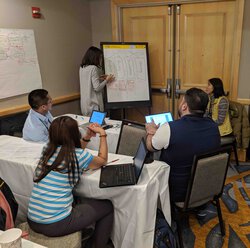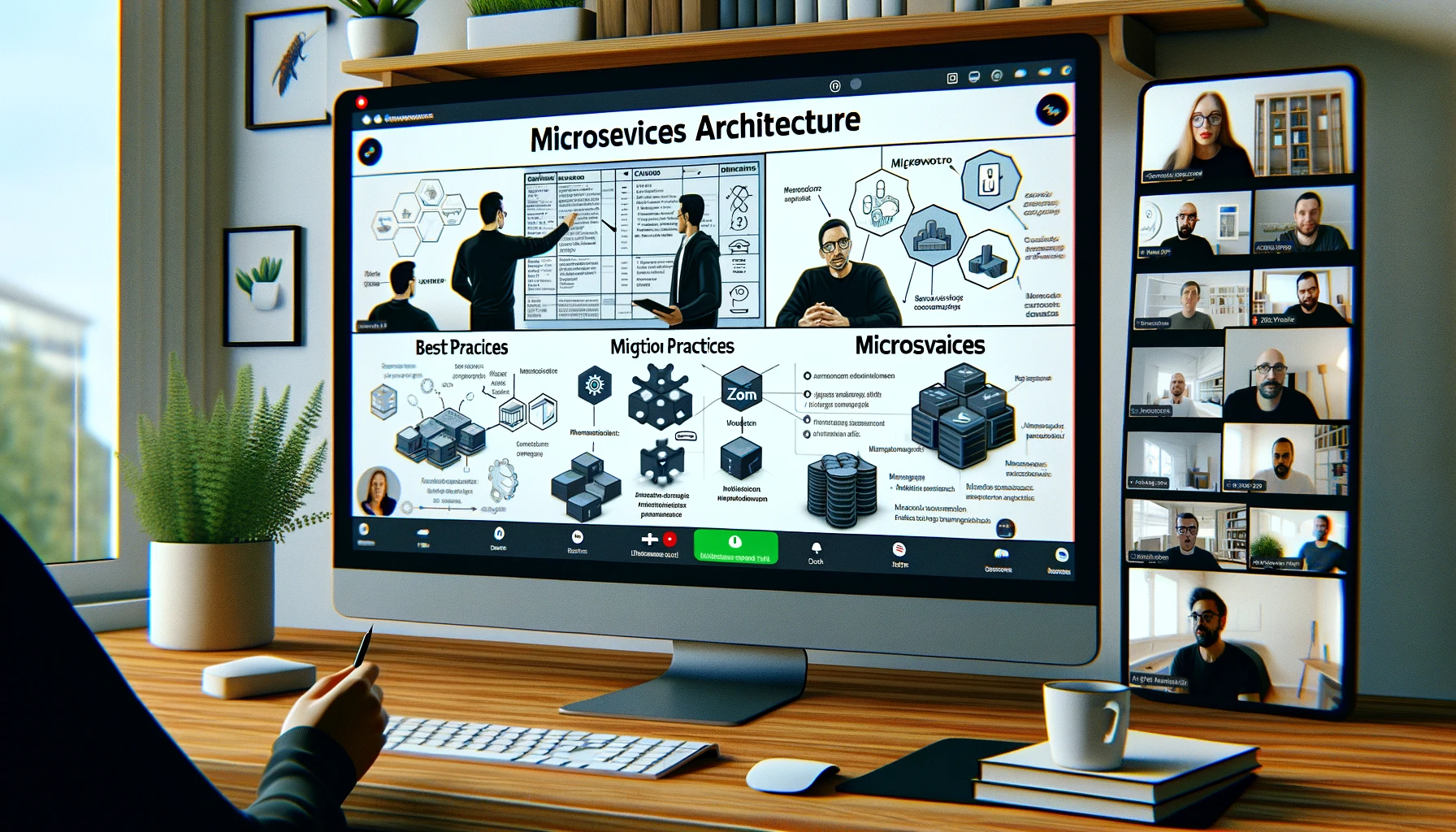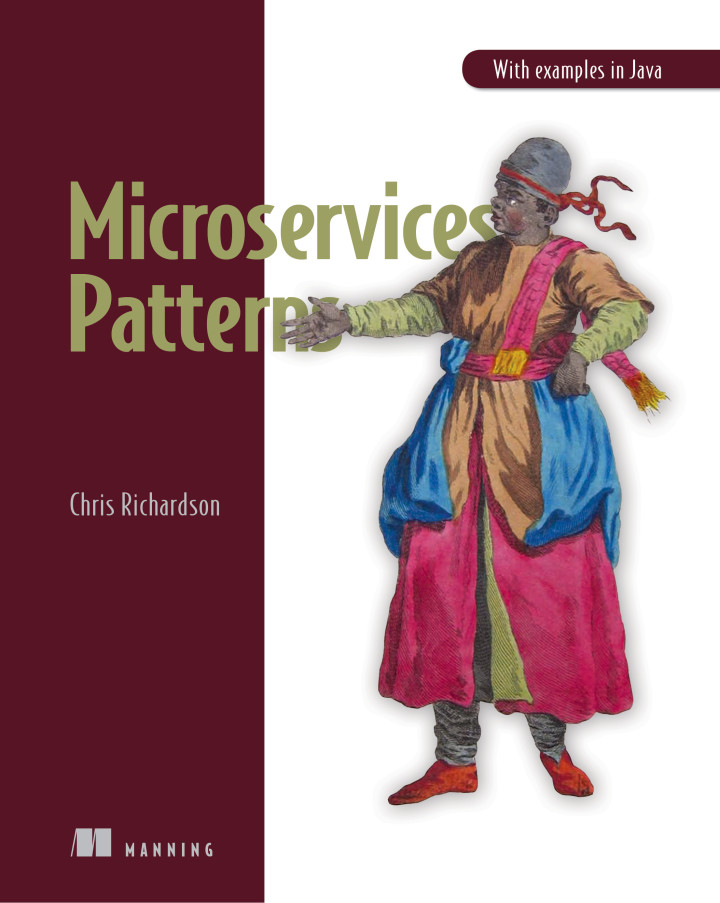Microservice Architecture
Supported by KongWelcome to the first of what is hopefully a regular roundup of what’s new and relevant in the world of microservices. In the past week:
-
Russ Miles (@russmiles) announced µCon, the first conference about microservices. It takes place in London on November 27th-28th.
-
Martin Fowler (@martinfowler) published the final installments of his in-depth article about microservices.
-
Arnon Rotem-Gal-Oz compared microservices with SOA and argued that “microservices” is not a good term.
-
Gawain Hammond (@gawainhammond) wrote a blog post on microservices defending the term “microservices”.
-
@rrees wrote in interesting summary of a session on microservices at the Scale Summit.
-
Chris Richardson (@crichardson) published Thoughts about #microservices – less micro, more service? that suggested that there should be more emphasis on “service” and less on “micro”.
-
There was also the ongoing twitter discussion.
And then there was this:
#microservices pic.twitter.com/T7XOjcUE73
Tom Janssens (@ToJans) March 25, 2014About Microservices.io
Microservices.io is created by Chris Richardson, software architect, creator of the original CloudFoundry.com, and author of Microservices Patterns. Chris advises organizations on modernization, architecture, and building systems that avoid becoming modern legacy systems.
Need help modernizing your architecture?
Avoid the trap of creating a modern legacy system — a new architecture with the same old problems.
Contact me to discuss your modernization goals.
Microservices Patterns, 2nd edition
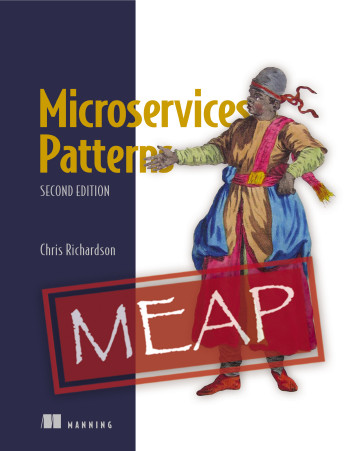
I am very excited to announce that the MEAP for the second edition of my book, Microservices Patterns is now available!
Learn moreASK CHRIS
Got a question about microservices?
Fill in this form. If I can, I'll write a blog post that answers your question.
NEED HELP?

I help organizations improve agility and competitiveness through better software architecture.
Learn more about my consulting engagements, and training workshops.
LEARN about microservices
Chris offers numerous other resources for learning the microservice architecture.
Example microservices applications
Want to see an example? Check out Chris Richardson's example applications. See code
Virtual bootcamp: Distributed data patterns in a microservice architecture
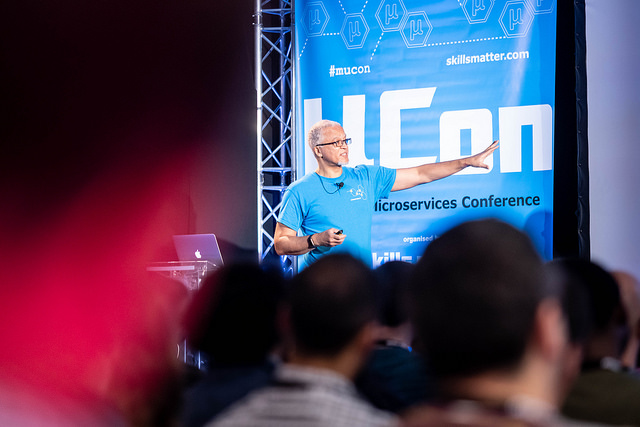
My virtual bootcamp, distributed data patterns in a microservice architecture, is now open for enrollment!
It covers the key distributed data management patterns including Saga, API Composition, and CQRS.
It consists of video lectures, code labs, and a weekly ask-me-anything video conference repeated in multiple timezones.
The regular price is $395/person but use coupon OFFEFKCW to sign up for $95 (valid until Sept 30th, 2025). There are deeper discounts for buying multiple seats.
Learn how to create a service template and microservice chassis
Take a look at my Manning LiveProject that teaches you how to develop a service template and microservice chassis.

BUILD microservices
Consulting services
Engage Chris to create a microservices adoption roadmap and help you define your microservice architecture,
The Eventuate platform
Use the Eventuate.io platform to tackle distributed data management challenges in your microservices architecture.

Eventuate is Chris's latest startup. It makes it easy to use the Saga pattern to manage transactions and the CQRS pattern to implement queries.
Join the microservices google group
Topics
Note: tagging is work-in-process
Cynefin · DDD · GitOps · Microservices adoption · ancient lore · anti-patterns · api gateway · application api · application architecture · architecting · architecture · architecture documentation · assemblage · automation · beer · books · build vs buy · containers · culture · dark energy and dark matter · decision making · deliberative design · deployment · deployment pipeline · design-time coupling · developer experience · development · devops · docker · eventuate platform · fast flow · genAI development · generative AI · glossary · health · hexagonal architecture · idea to code · implementing commands · implementing queries · inter-service communication · kubernetes · loose coupling · manning publications · microservice architecture · microservice chassis · microservices adoption · microservices platforms · microservices rules · microservicesio updates · modular monolith · multi-architecture docker images · observability · pattern · pattern language · patterns · refactoring · refactoring to microservices · resilience · runtime coupling · sagas · scripting · security · service api · service architecture · service blueprint · service collaboration · service design · service discovery · service granularity · service template · socio-technical architecture · software delivery metrics · success triangle · survey · tacos · team topologies · technical debt · testing · transaction management · transactional messaging · wardley mapping
The patterns
Application architecture patterns
Decomposition
- Decompose by business capability
- Decompose by subdomain
- Self-contained Servicenew
- Service per teamnew
Refactoring to microservicesnew
Data management
- Database per Service
- Shared database
- Saga
- Command-side replica
- API Composition
- CQRS
- Domain event
- Event sourcing
Transactional messaging
Testing
Deployment patterns
- Multiple service instances per host
- Service instance per host
- Service instance per VM
- Service instance per Container
- Serverless deployment
- Service deployment platform
Cross cutting concerns
Communication style
External API
Service discovery
- Client-side discovery
- Server-side discovery
- Service registry
- Self registration
- 3rd party registration
Reliability
Security
Observability
- Log aggregation
- Application metrics
- Audit logging
- Distributed tracing
- Exception tracking
- Health check API
- Log deployments and changes
UI patterns
 Premium content now available for paid subscribers at
Premium content now available for paid subscribers at 